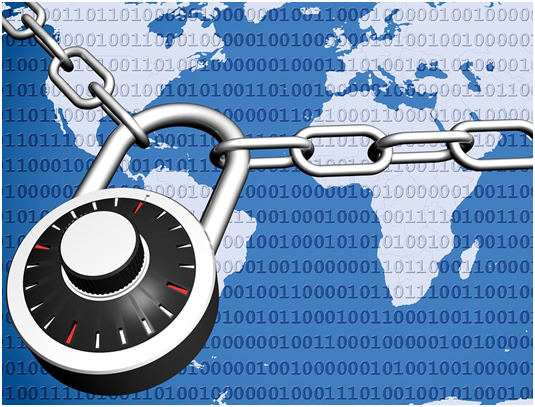For more than a decade, the western world has been moving in a security-focused direction. As a result, there has been constant discussion about whether this is a just and reasonable measure to ensure our safety, or if we’re all just moving into an Orwellian surveillance state.

In the UK, especially, CCTV cameras are almost ubiquitous, and with the adoption of the body worn camera for police and private security, is there a real potential for privacy invasion when all of the collected video is merged into ‘big data’?
What is Big Data, and Why Does it Matter?
Big data refers to the ever-growing collection of information from a multitude of sources that can be analysed, manually or through automated processes like facial recognition, to identify trends, behaviours and associations. It is this analysis that leads to privacy concerns.
A company or council will usually look at CCTV footage if there has been a problem. If a police officer has a body worn camera, the intent is to aid in enforcement and to keep the officer and public safe, not to passively keep tabs on everyone on the street.
When the data from every police officer can be merged together, along with other CCTV footage, mobile phone usage information, credit card use and a multitude of other connected sources, all this information can be analysed automatically as a unit and patterns quickly emerge.

The real concern about big data and surveillance is that government, on any level, or even private businesses, could easily develop large databases of all of our habits. What we buy, which restaurants we like, what we do, and who we associate with can all be worked out automatically. This certainly raises questions about how much we trust the government to only use collected information in the obviously intended ways.
What About Our Right to Privacy?
In the UK, there is guidance and legislation restricting all aspects of surveillance. With body cameras, for instance, a guide to legislation can be found at https://www.pinnacleresponse.com/legislation.
In general, the UK Surveillance Camera Commissioner requires that CCTV of any sort has a clear and limited use, is proportionate to that use rather than indiscriminate, and that any data collected is kept secure. If everyone is following the guidance, at least, we have nothing to worry about.
